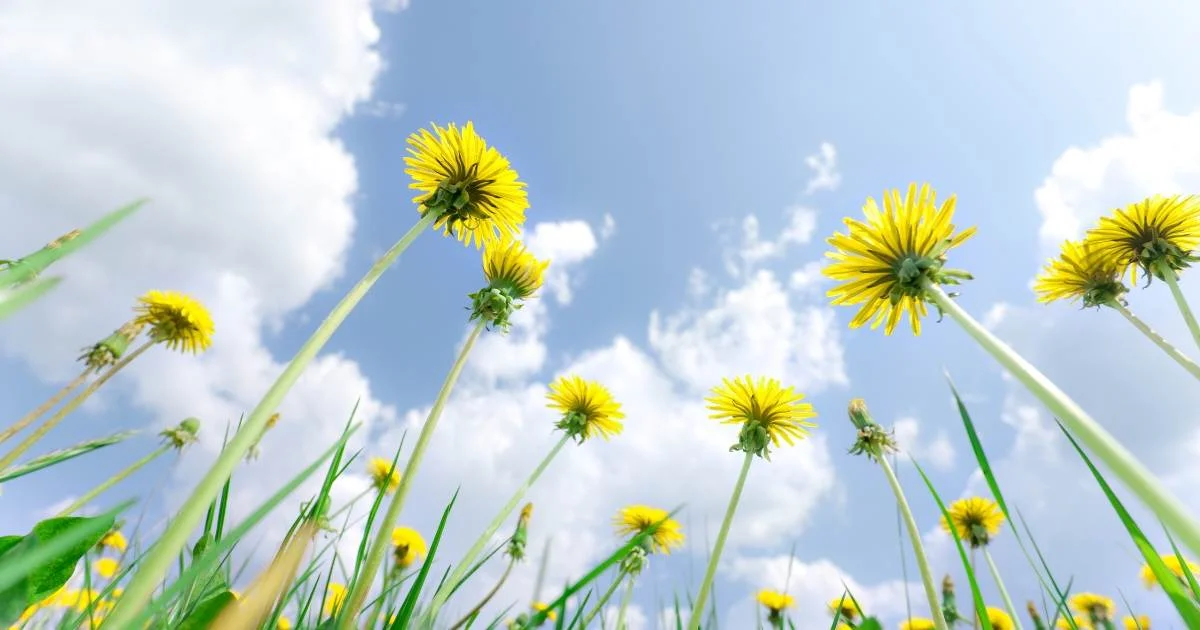Learn more about Lawn Care in Cambridge: What the Pesticide Bylaw Means for You >>

We collect basic website visitor information on this website and store it in cookies. We also utilize Google Analytics to track page view information to assist us in improving our website.


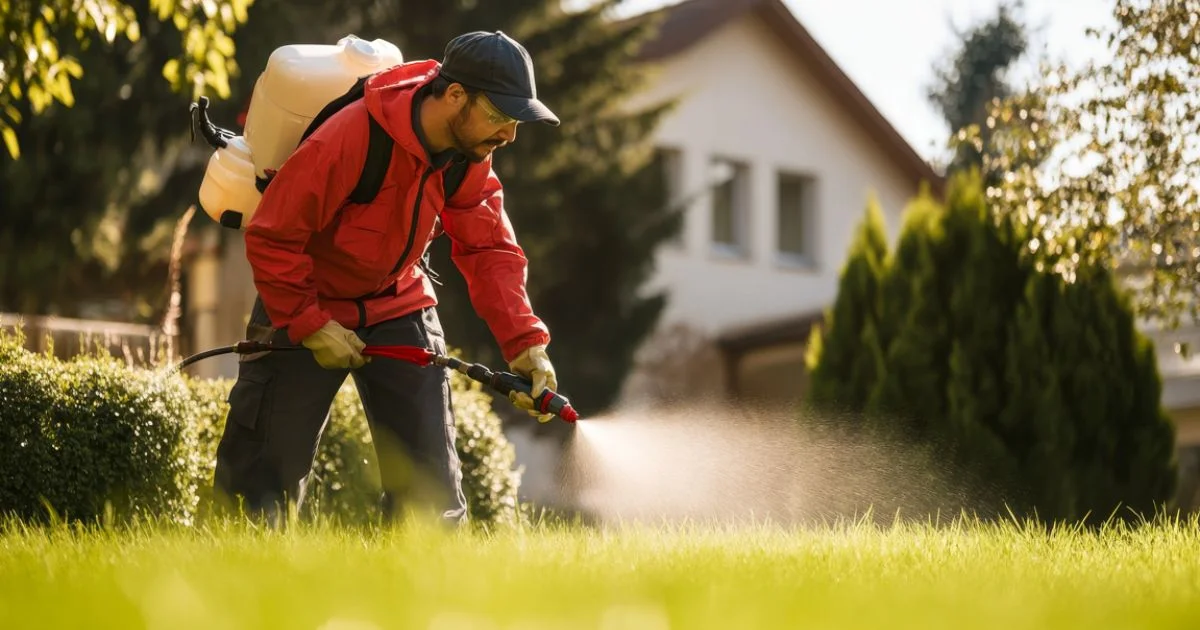
 Katie
Goliboski
Katie
Goliboski
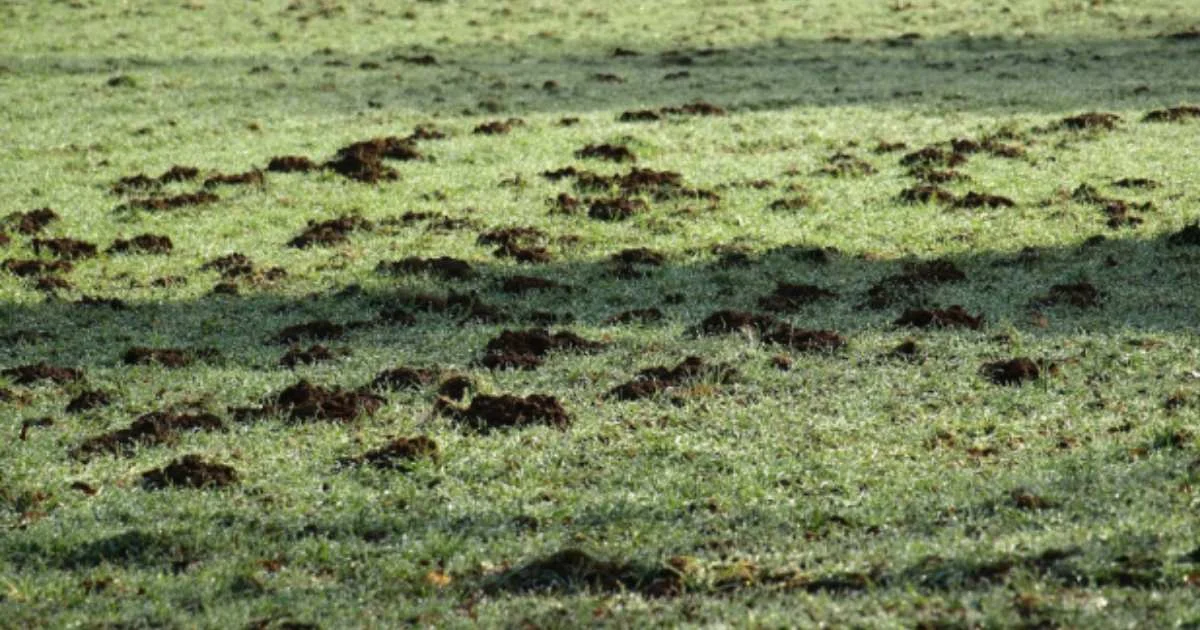
.webp)
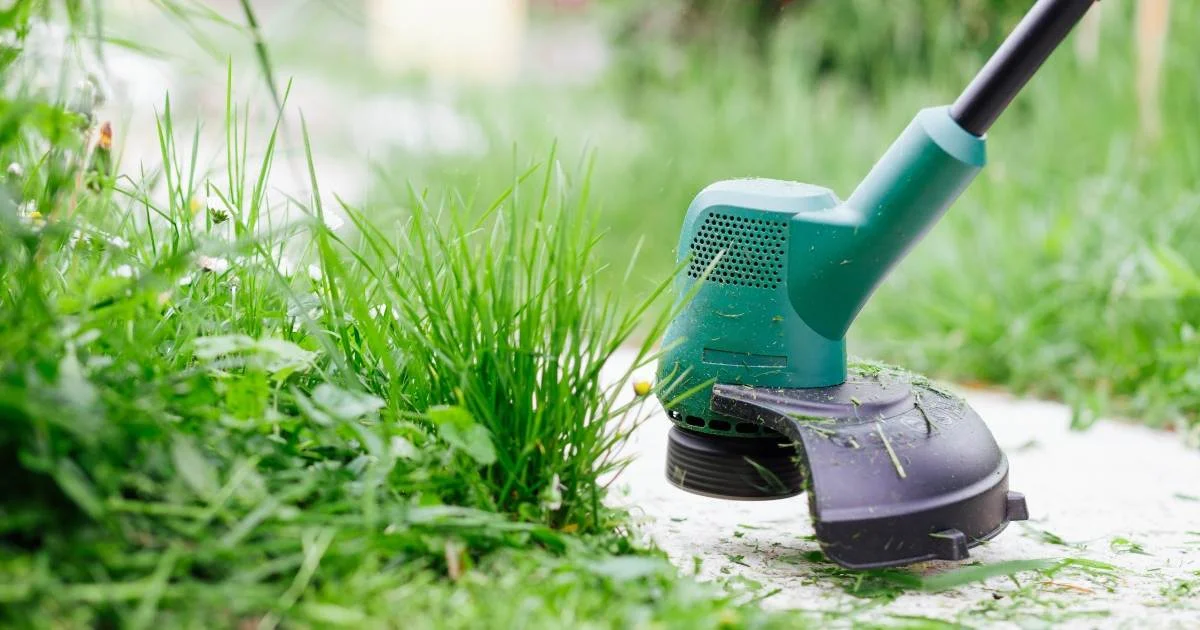
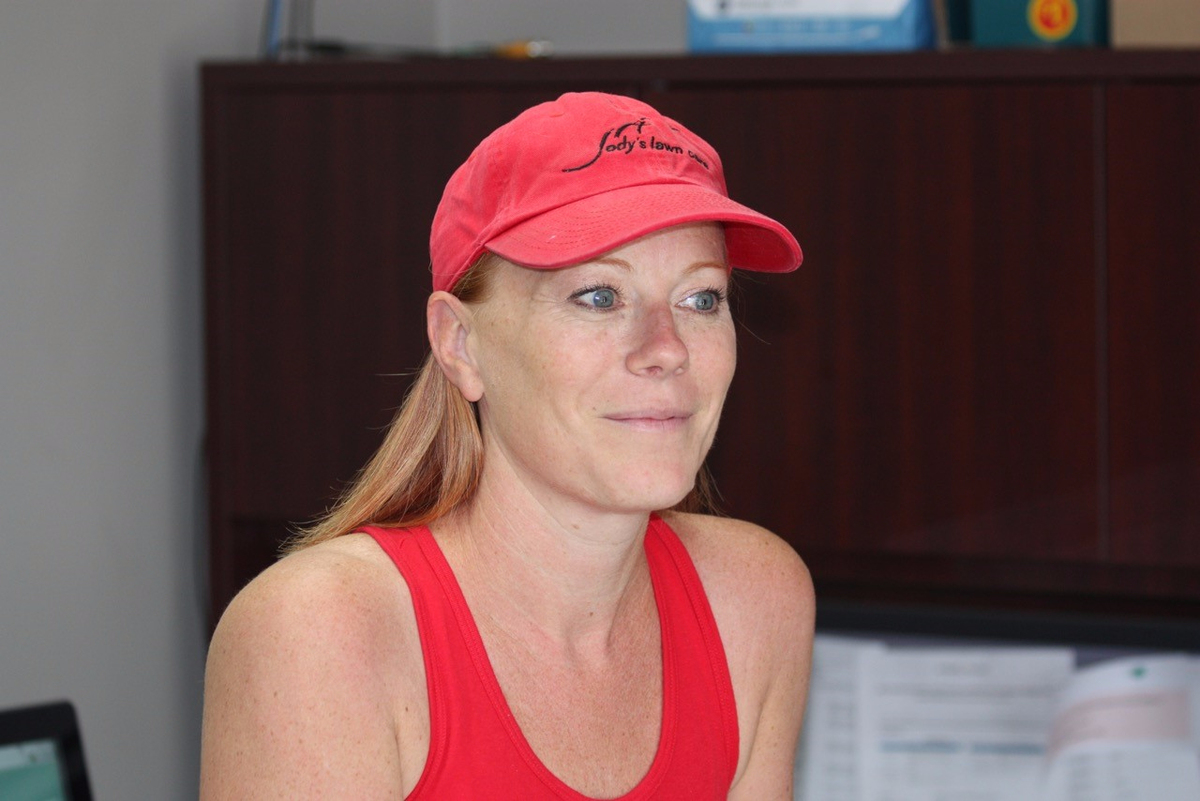 Celia
Kirk
Celia
Kirk
